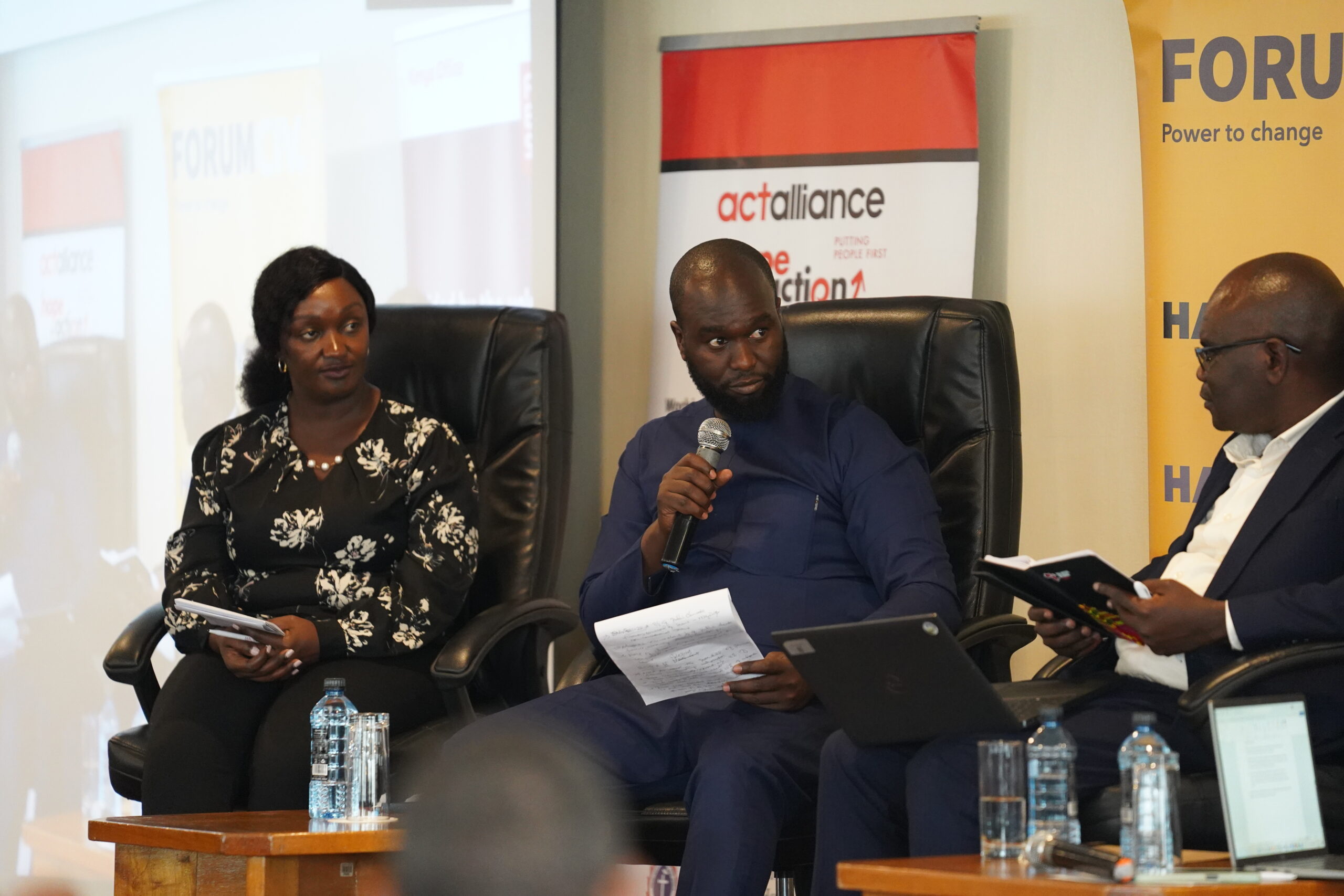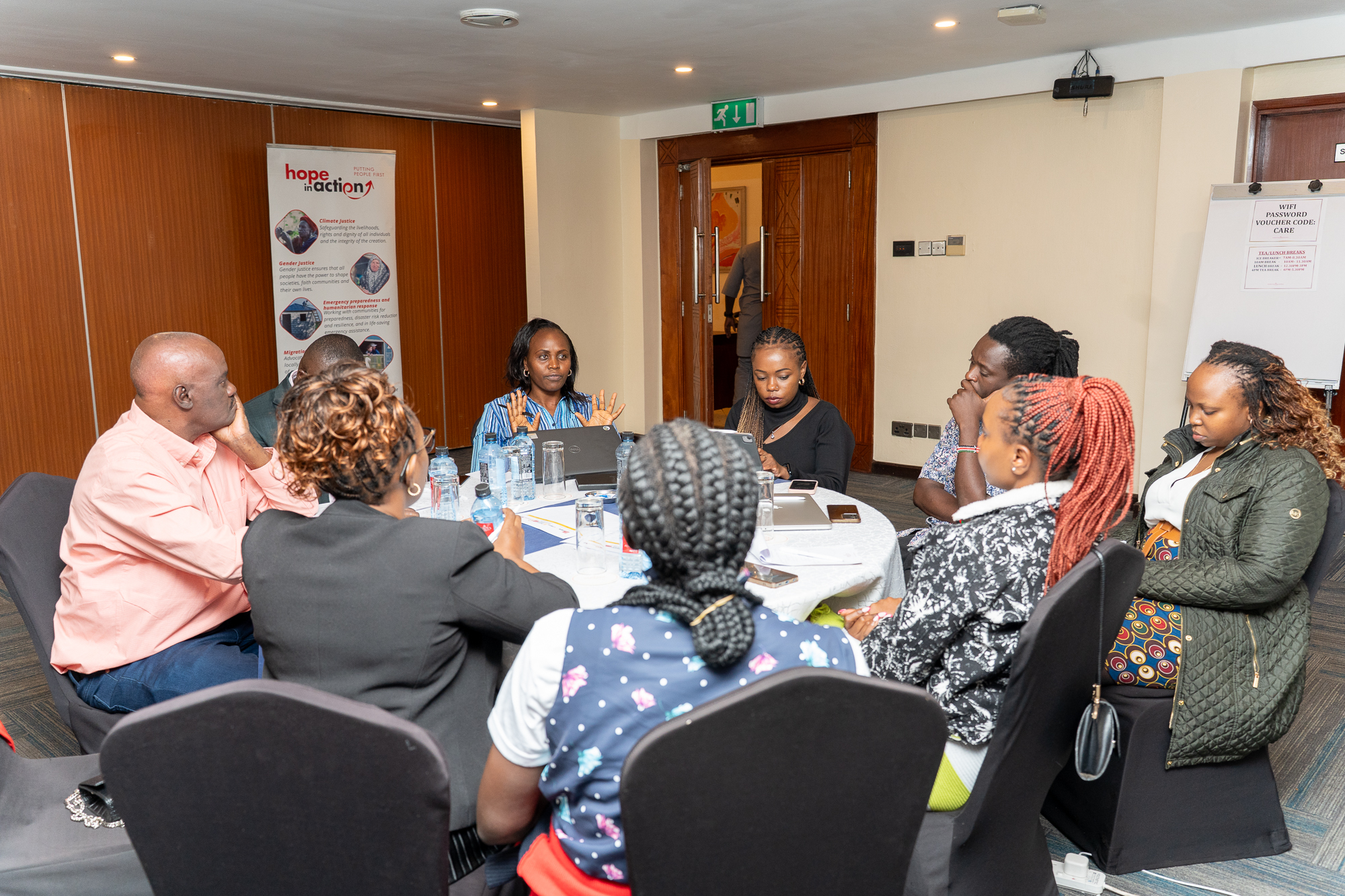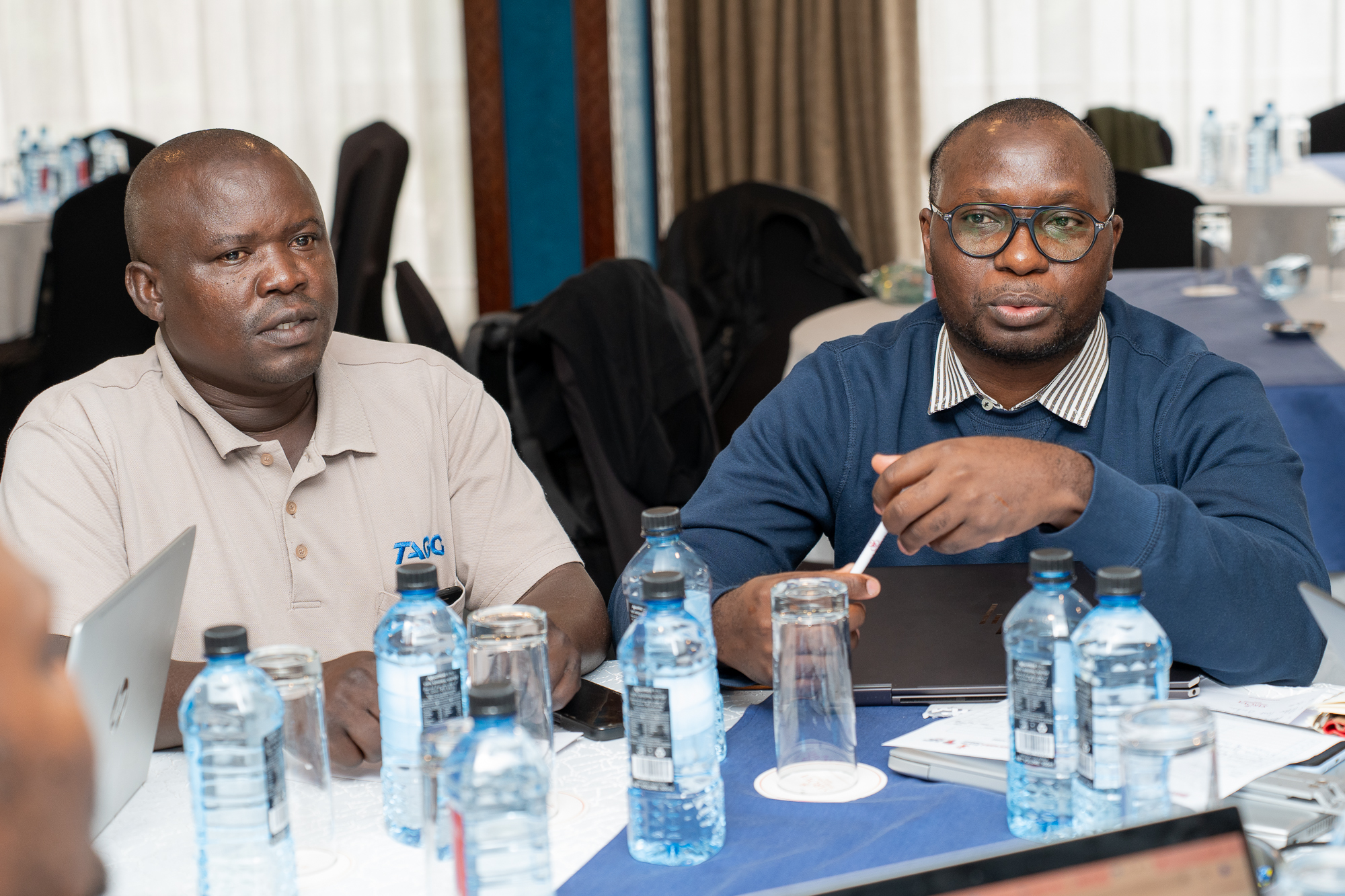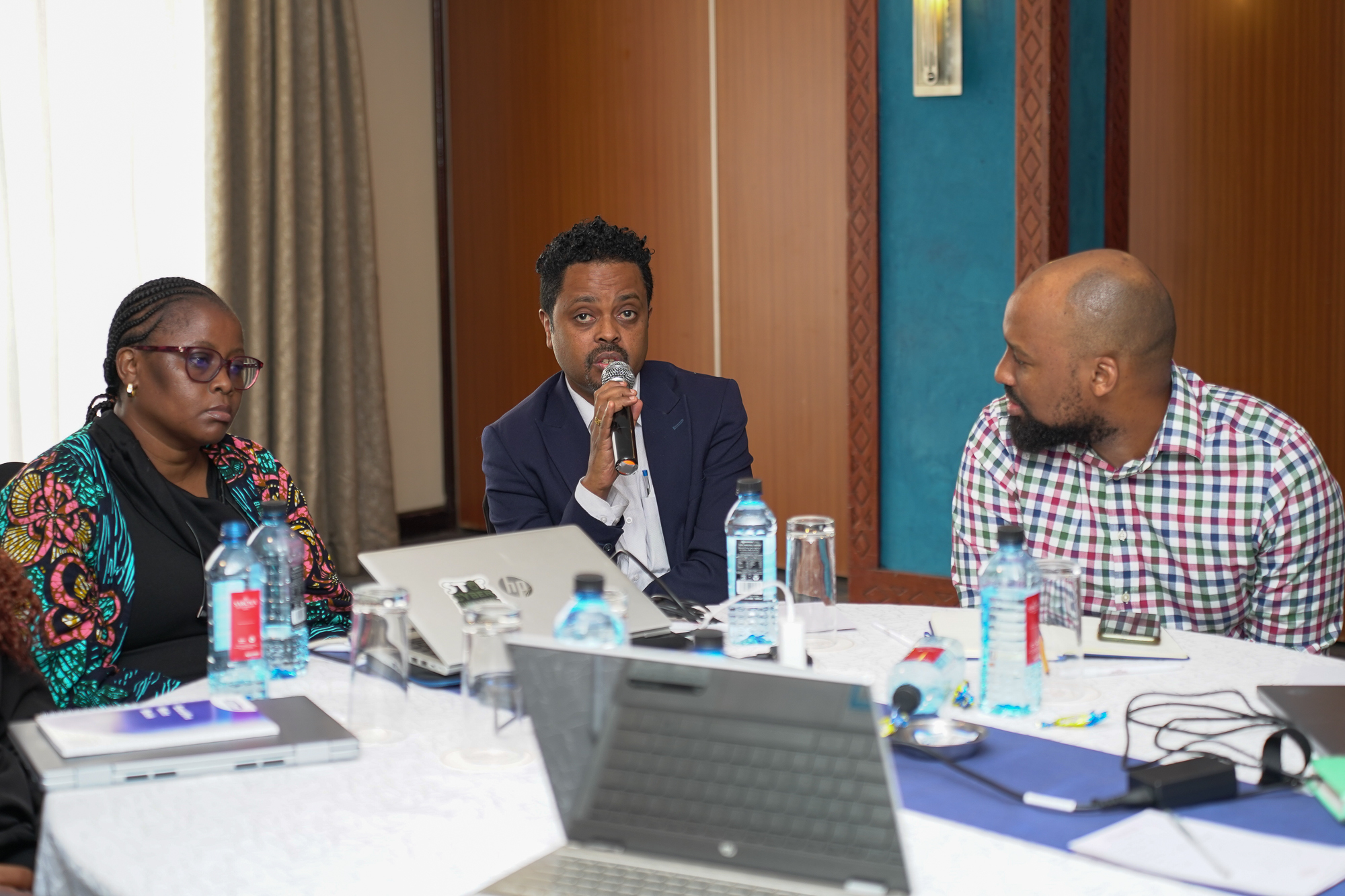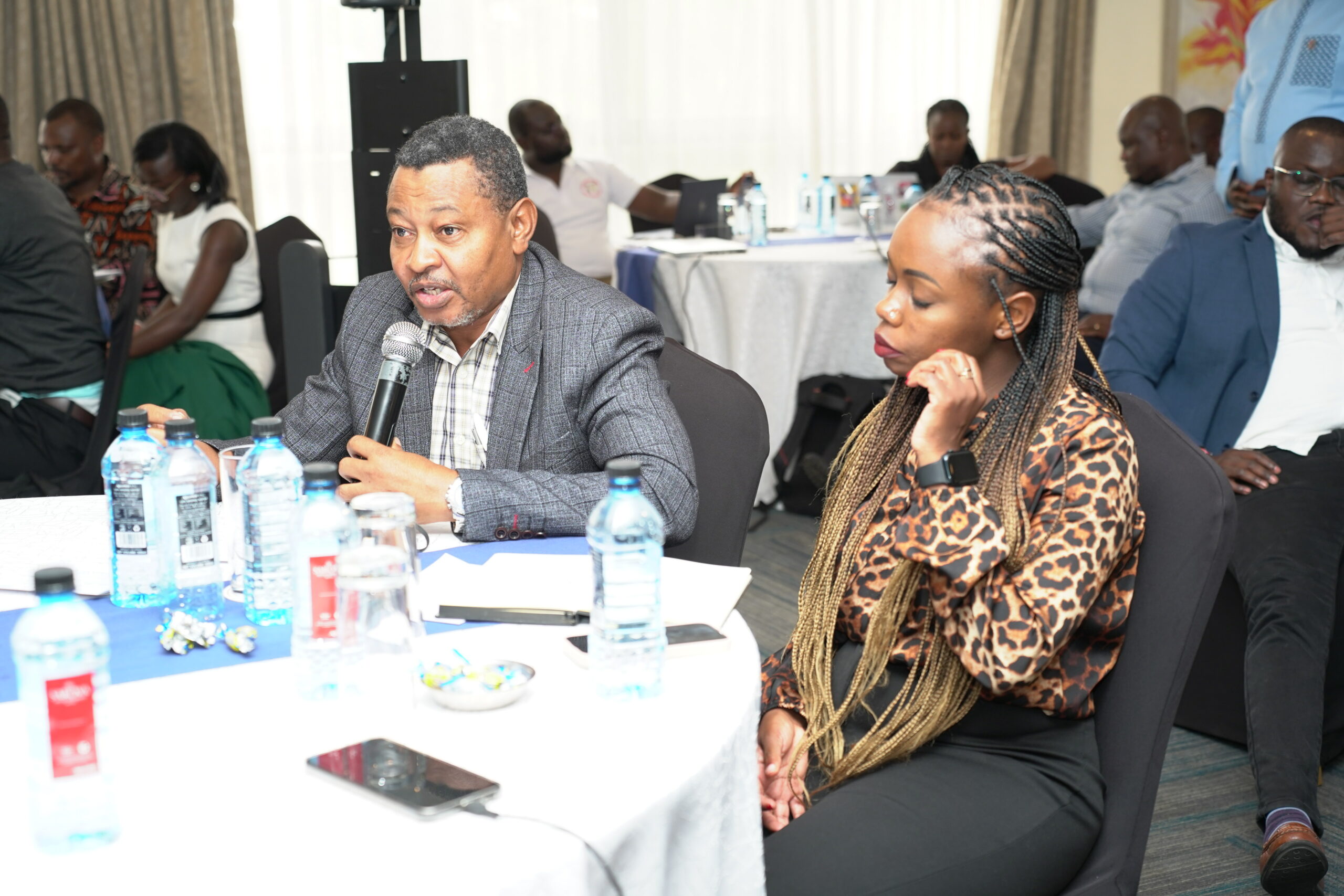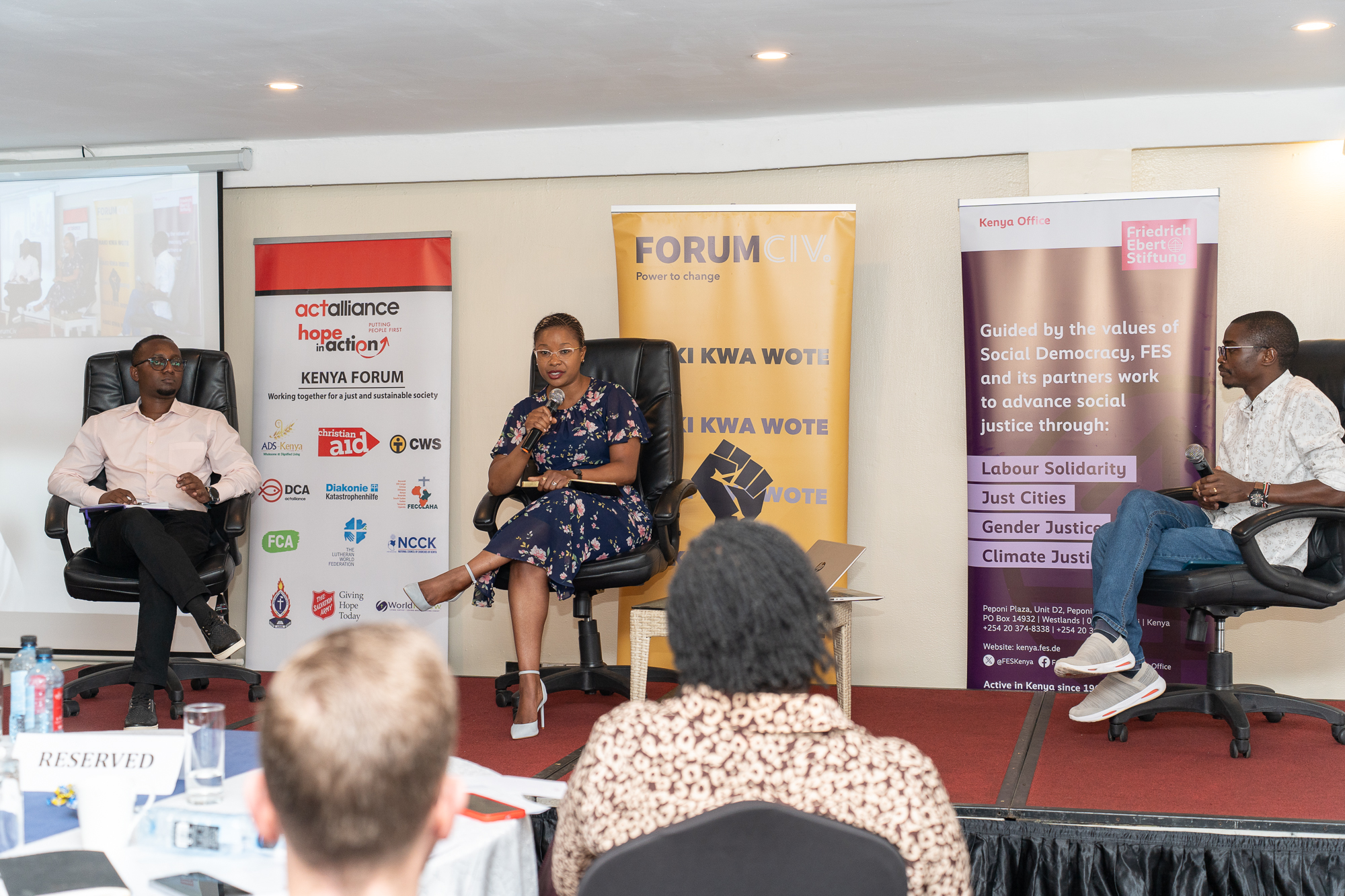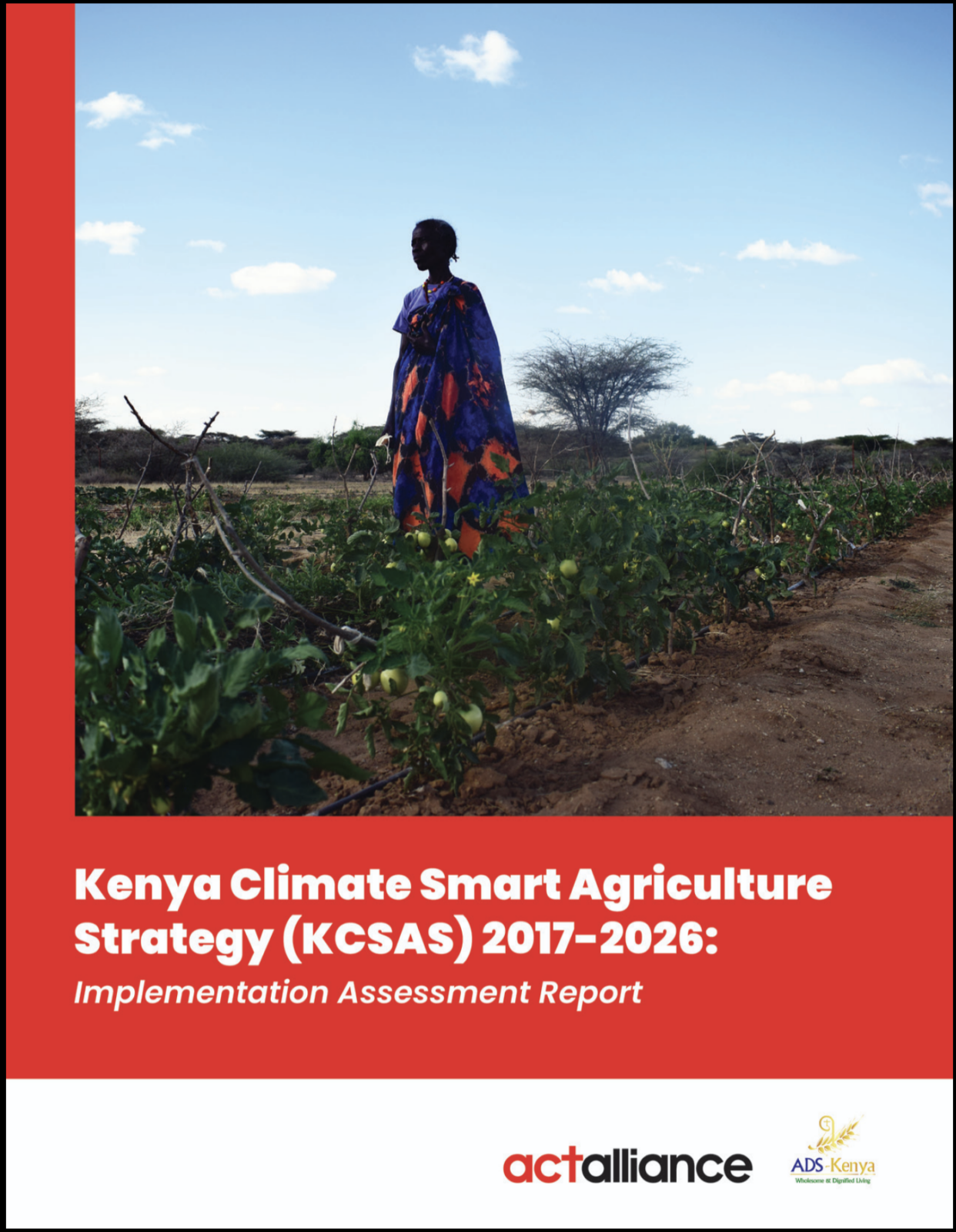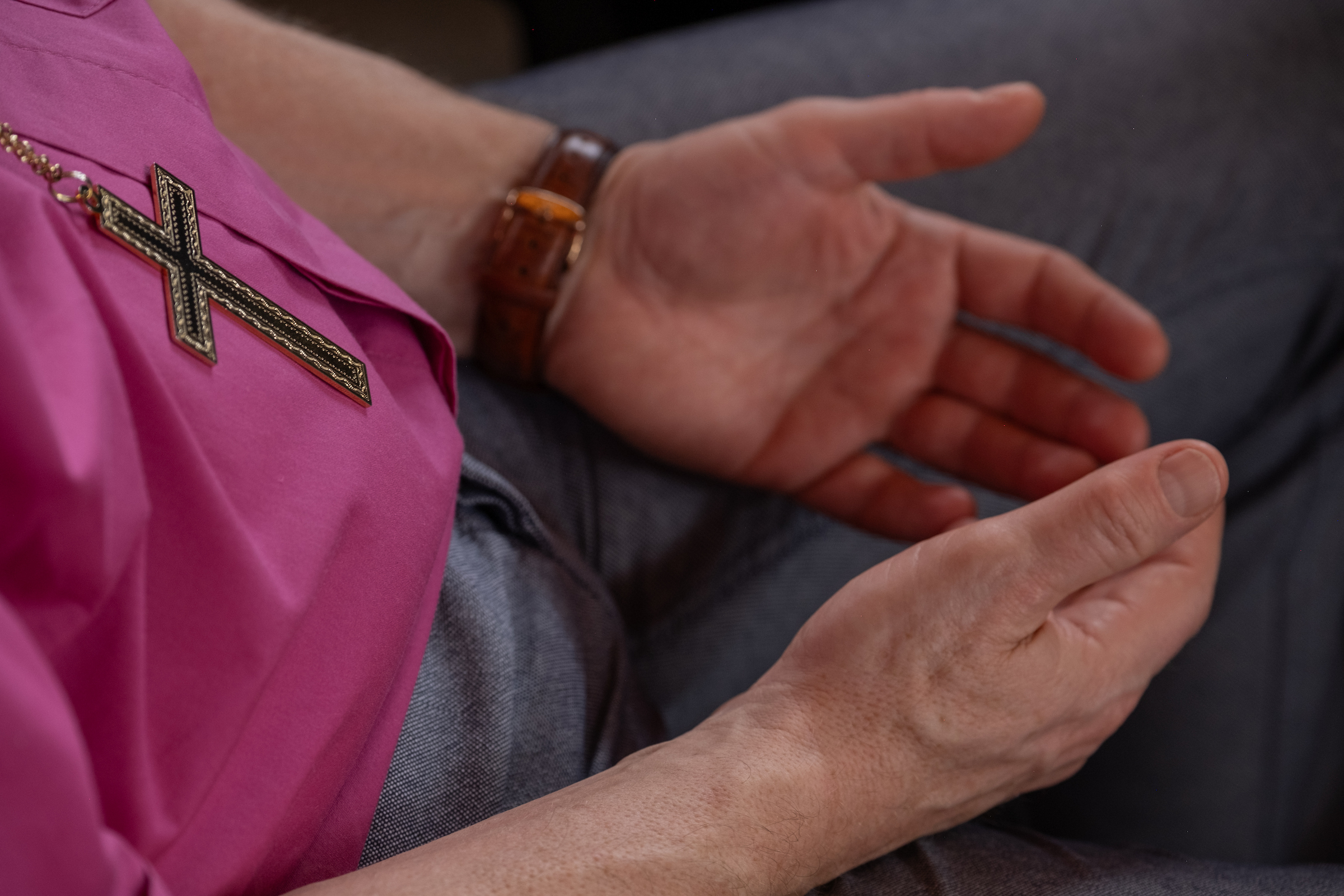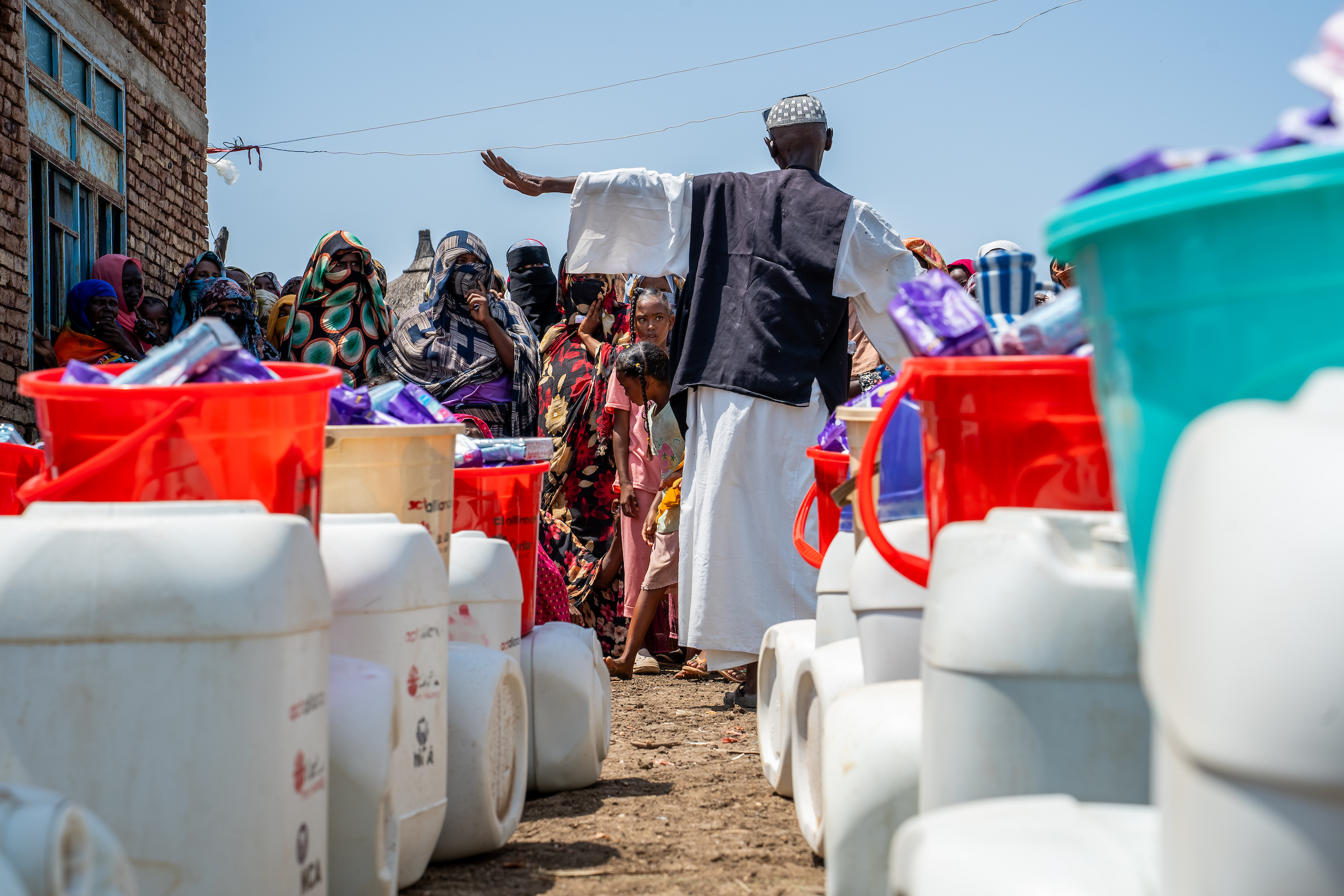As COP30 unfolds in Belém, African civil society is standing united behind a justice-first vision for climate action.
Two weeks before the negotiations began, the Pre-COP30 African Civil Society Convening, held in Nairobi, Kenya, brought together a diverse coalition of voices including youth, women, grassroots communities, faith actors, and policy experts to define Africa’s priorities and strengthen the continent’s unified voice ahead of COP30.
The convening reaffirmed Africa’s disproportionate vulnerability to climate impacts despite contributing the least to global emissions, underscoring the continent’s moral authority and right to climate justice. The resulting Africa Civil Society Position Paper for COP30, issued on 29 October 2025, outlines key demands for ambitious, equitable, and people-centred outcomes in Belém.
Africa CSOs’ Key Demands for COP30
- Climate Finance
Civil society calls for a transformative climate finance framework that delivers new, grant-based, and accessible public funds rather than loans that deepen debt. The paper demands:
- A binding financial roadmap under the Baku–Belém process aligned with Article 9.1 of the Paris Agreement.
- A clear definition and transparent tracking of climate finance to ensure funds genuinely support developing countries.
- A distinction between climate finance and traditional aid (ODA) to guarantee new and additional resources.
- Simplified access to finance for community-led resilience, adaptation, and food systems initiatives.
- Recognition of the link between climate and tax justice, urging support for a UN Tax Convention to curb illicit financial flows and empower African economies.
- Loss and Damage
With Africa bearing the brunt of climate disasters, CSOs demand the full operationalisation of the Fund for Responding to Loss and Damage, ensuring rapid, grant-based support for affected communities. They also call for:
- Dedicated financing for slow-onset events and climate-induced displacement.
- Strengthening the Warsaw International Mechanism and Santiago Network to ensure coordination and accountability.
- Standardised methodologies for assessing both economic and non-economic losses.
- Adaptation and Resilience
Adaptation is a survival priority for Africa. CSOs call for:
- A new post-2025 adaptation finance target that at least triples current funding by 2030.
- A robust Global Goal on Adaptation (GGA) with measurable indicators and accountability mechanisms.
- The Baku Adaptation Roadmap (BAR) to guide coordinated and adequately financed adaptation action.
- Full financing for National Adaptation Plans that are gender-responsive and community-driven.
- Just and Inclusive Energy Transition
To ensure a truly just transition, CSOs call for:
- A Belém Action Mechanism (BAM) for Just Transition to move beyond dialogue to concrete implementation.
- Clear timelines to phase out fossil fuels and eliminate fossil subsidies, with developed countries taking the lead.
- Financing and technology transfer to support Africa’s equitable energy transition and prevent new debt.
- Community ownership and food sovereignty as guiding principles for transition frameworks.
- Integration of Basic Income within the Just Transition Work Programme to protect livelihoods.
- Biodiversity, Nature-Based Solutions, and Ecosystem Restoration
COP30 must adopt a global framework to halt deforestation and ecosystem loss while rewarding restoration. CSOs also demand:
- Recognition and direct financing for Indigenous Peoples, local communities, and faith-based actors leading nature-based solutions.
- Integration of nature-based approaches into Nationally Determined Contributions (NDCs) and National Adaptation Plans.
- Recognition of the Congo Basin as a vital global climate asset and increased finance for Africa-led restoration initiatives.
- Article 6: Equity and Environmental Integrity
Civil society urges that cooperative approaches under Article 6 must:
- Protect human rights and community well-being, ensuring Free, Prior, and Informed Consent (FPIC).
- Uphold equity and Common but Differentiated Responsibilities (CBDR-RC).
- Ensure transparency and participation through full public disclosure of all Article 6 activities.
- Prioritise non-market approaches (Article 6.8) that support adaptation and sustainable development.
- Gender Justice and Intergenerational Inclusion
African CSOs call for gender justice and youth inclusion as pillars of climate action, urging:
- A new Gender Action Plan that explicitly links gender justice with equity and climate responsibility.
- Institutionalised youth and marginalised gender participation in national climate governance.
- Gender-disaggregated reporting across all UNFCCC processes.
- Systemic Climate Justice and Reform
The position paper frames the climate crisis as a symptom of structural injustice, demanding:
- Mandatory transparency on all climate finance flows and public–private partnerships.
- A ban on corporate capture and fossil fuel lobbying at climate negotiations.
- Independent accountability mechanisms to ensure pledges lead to tangible outcomes.
- Recognition and repayment of Africa’s $36 trillion ecological debt, beginning with debt cancellation and justice-based investment.
As COP30 continues, African civil society urges global leaders to act with moral clarity and courage. This is the moment to move beyond promises, to deliver finance, policies, and partnerships that place justice, equity, and human rights at the centre of global climate action.
Read the full Africa Civil Society Position Paper for COP30 here.
